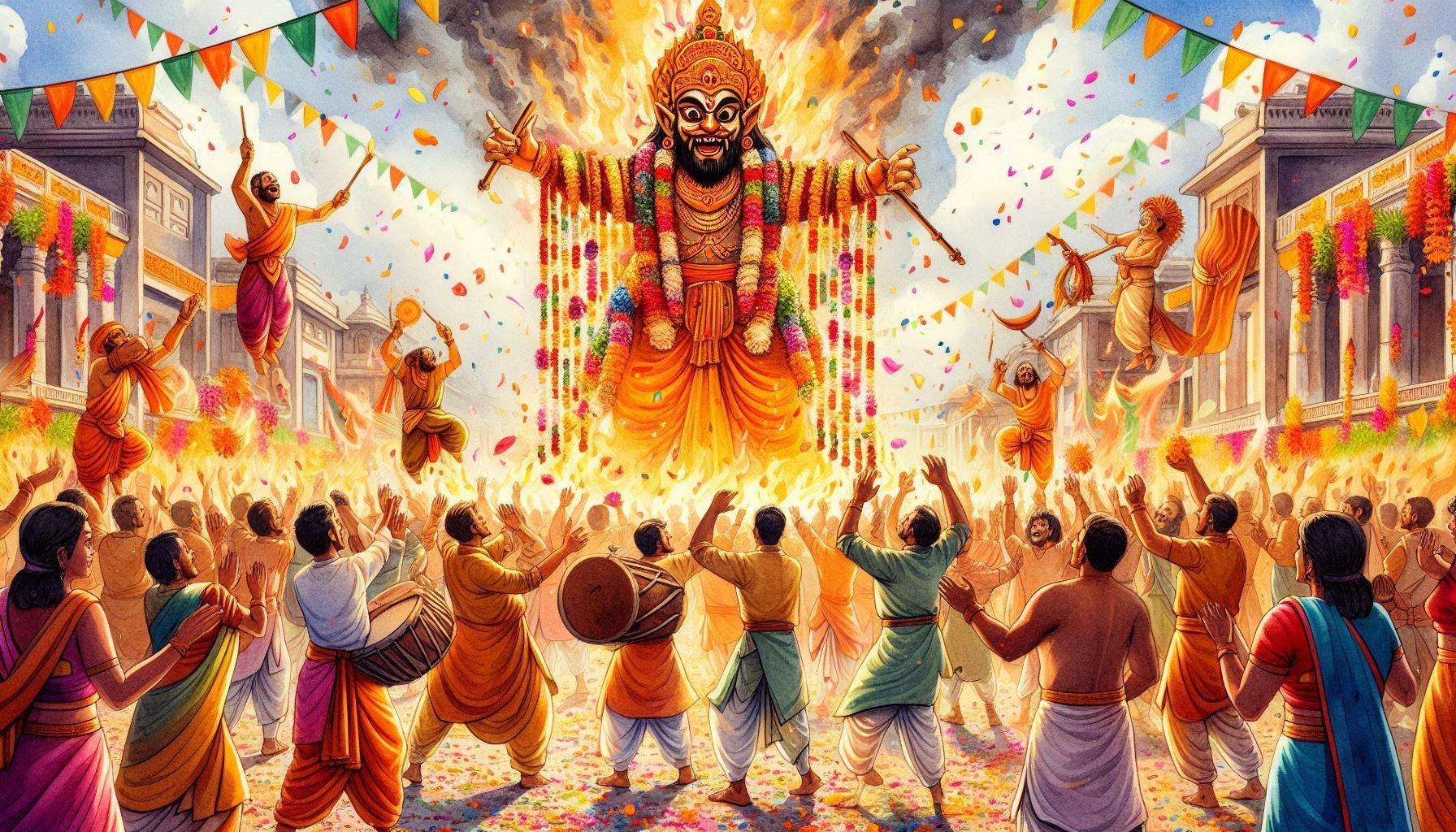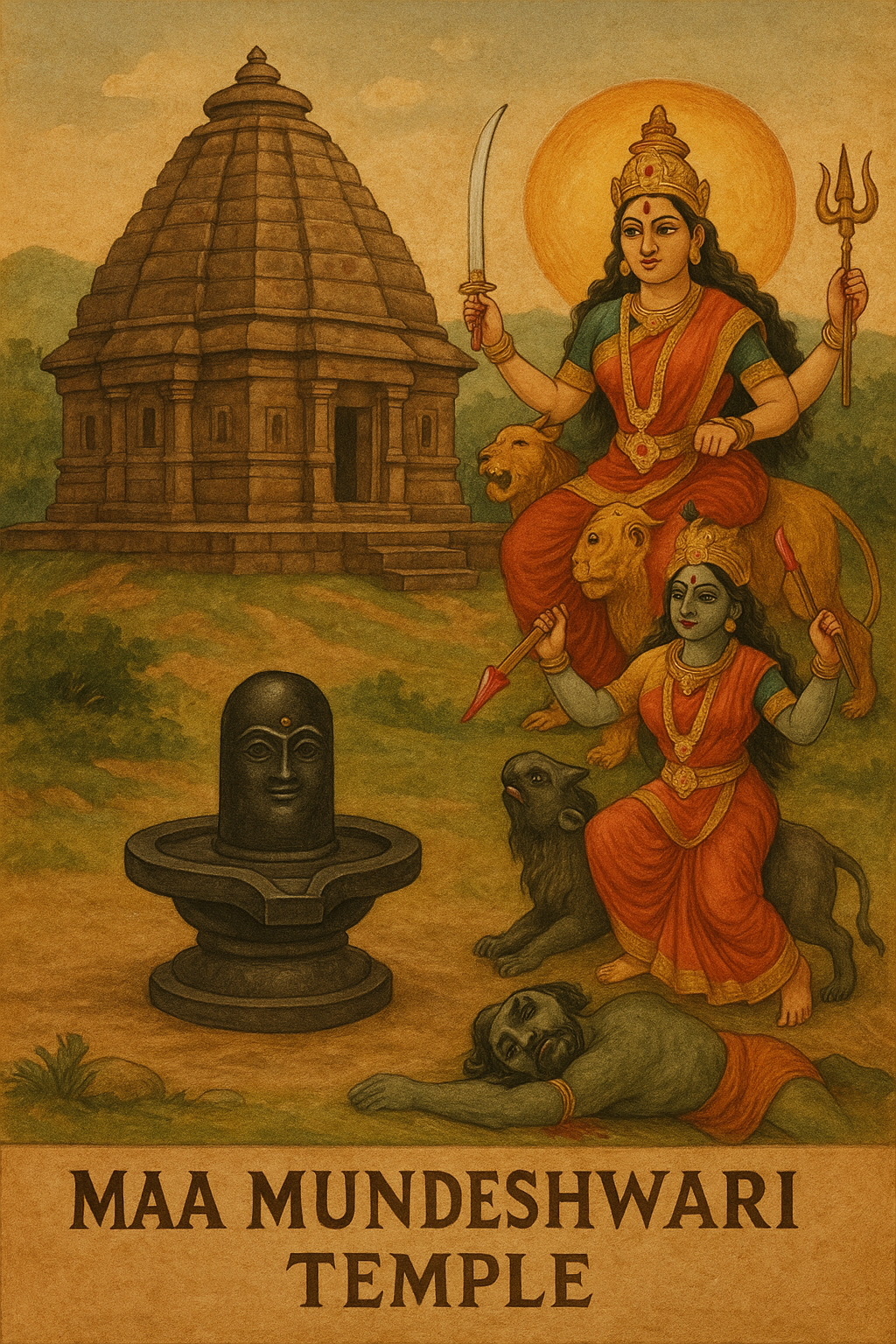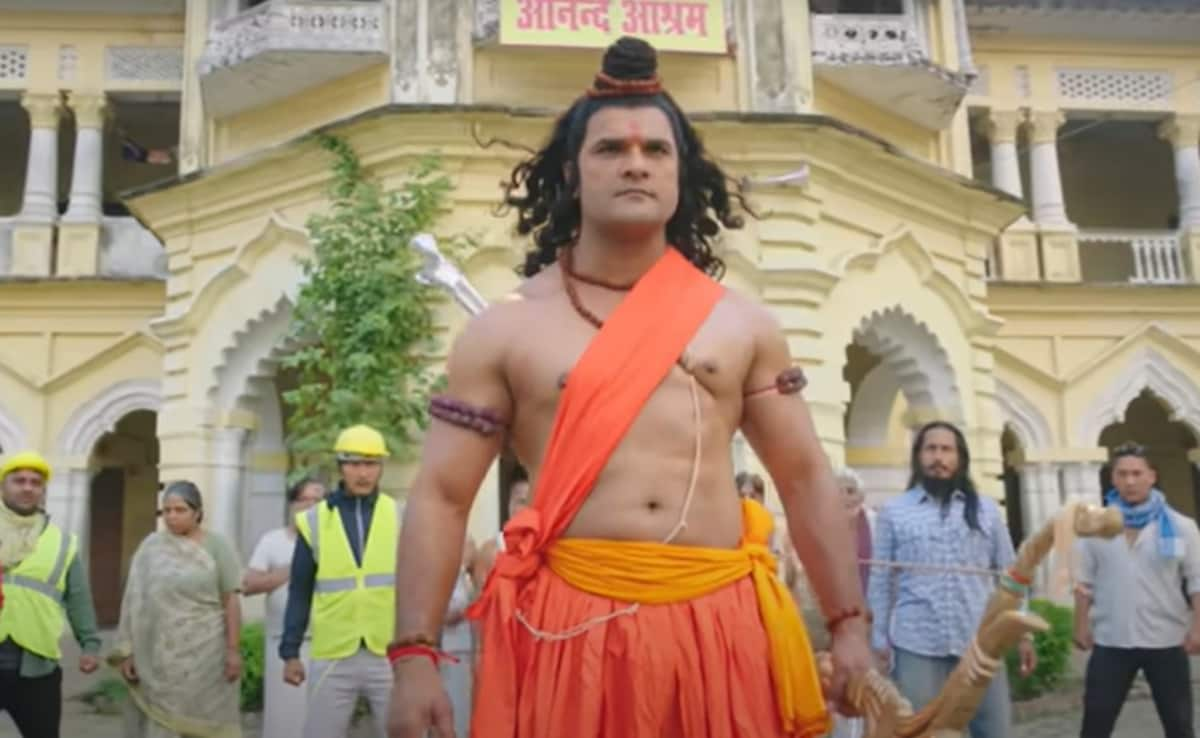
The Significance of Dussehra
Dussehra, जिसे विजयादशमी भी कहा जाता है, is a major Hindu festival celebrated on the tenth day of the Ashwin month. This day marks the victory of Lord Ram over the demon king Ravan and Goddess Durga over the buffalo demon Mahishasur. It symbolizes the triumph of truth and righteousness over falsehood and evil.
Historical Background
Long ago, in the ancient land of Ayodhya, there lived a prince named Ram. He was known for his virtue, bravery, and unwavering commitment to dharma. When his wife, Sita, was abducted by the powerful demon king Ravan, Ram embarked on a perilous journey to rescue her. With the help of his loyal brother Lakshman and the mighty Hanuman, Ram waged a fierce battle against Ravan. After a long and arduous fight, Ram emerged victorious, symbolizing the victory of good over evil.
Celebrations Across India
In the northern parts of India, the story of Ram’s victory is brought to life through dramatic performances known as Ramleela. For ten days, actors reenact scenes from the Ramayana, culminating in the burning of effigies of Ravan, Meghnad, and Kumbhkaran on Dussehra night. The sky lights up with fireworks, and the air is filled with the sound of cheers and celebrations.
In West Bengal, the festival takes on a different form as Durga Puja. Here, beautifully crafted idols of Goddess Durga are worshipped for nine days. On the tenth day, known as Vijayadashami, these idols are immersed in rivers and lakes, symbolizing the goddess’s return to her celestial abode.
Unique Traditions in Maharashtra and Himachal Pradesh
In Maharashtra, Dussehra is also known as ‘Silangan’. On this day, people exchange leaves of the Shami tree, which are considered to be as valuable as gold. This tradition is a symbol of goodwill and prosperity.
In the picturesque valleys of Himachal Pradesh, the town of Kullu comes alive with vibrant processions. Local deities are carried through the streets, accompanied by music, dance, and a sense of communal joy. The Kullu Dussehra is a unique blend of devotion and celebration, drawing visitors from all over the world.
Cultural and Social Significance
Dussehra is not just a religious festival; it holds deep cultural and social significance. For farmers, it marks the end of the harvest season, a time to thank the gods for a bountiful crop. It is also a time for families to come together, celebrate, and renew their bonds.
The Message of Dussehra
The story of Dussehra teaches us that no matter how powerful evil may seem, it will always be defeated by truth and righteousness. It inspires us to uphold these values in our own lives and to strive for a world where good prevails over evil.
As the festival of Dussehra approaches, let us remember the timeless lessons it imparts and celebrate with joy, unity, and a renewed commitment to truth and justice.
![]()
Discover more from जन विचार
Subscribe to get the latest posts sent to your email.







